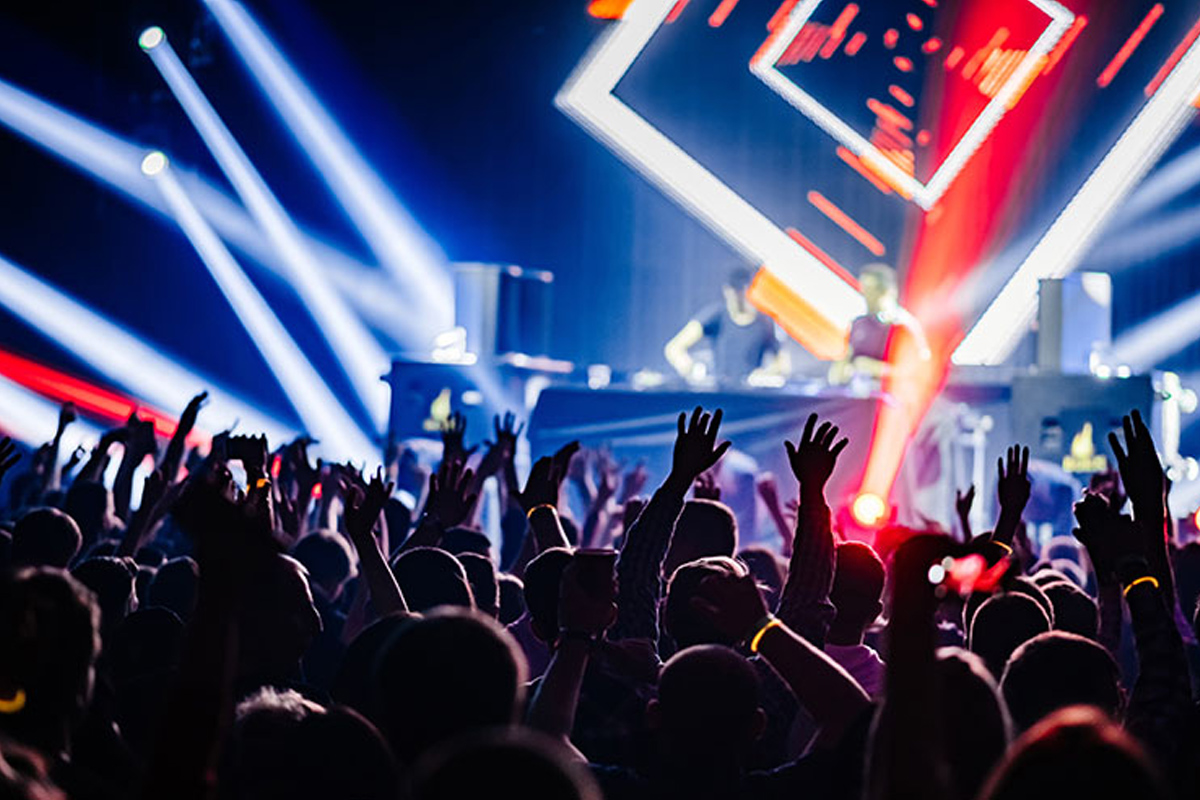Scottish Government to work with “stakeholders” to define what constitutes a nightclub

EMPLOYEES in late-night venues will be exempt from the Scottish Government’s proposed vaccine certification (or ‘passport’) scheme, according to documents published today (9th September).
With the Scottish Parliament due to debate and vote on the proposed scheme later this afternoon, the Scottish Government has published further details of how the programme with operate.
The document, available to view on the Scottish Government website, confirms that – if passed by the parliament – legislation will require all over-18s visiting nightclubs to provide evidence of double vaccination before they are allowed to enter. Customers will be able to download a QR code showing their vaccination status, with venue staff required to download a free QR code verifier, to be available in the week beginning 13th September, which will be used to check that the customer’s code is genuine.
Evidence of a negative COVID test will not be acceptable as an alternative to a vaccination code.
Staff at venues are to be exempt from the scheme, as will under-18s, participants in vaccine trials or people unable to be vaccinated for medical reasons.
The rules, which would also apply to sexual entertainment venues, indoor events with 500 unseated people, outdoor events with 4000 unseated people and any events with 10,000 people, would come into force on 1st October.
Similar to the restrictions introduced during the ‘levels’ system, the vaccine certification scheme will be reviewed every three weeks.
The document also states that the Scottish Government will work with “stakeholders” to define what constitutes a nightclub for the purposes of the scheme.
It says: “Nightclubs were not previously defined in the COVID-19 regulations, so the dictionary definition applied.
“However, there is now a need to define nightclubs and other analogous venues, as behaviours that were previously prohibited are now allowed in wider parts of hospitality (for example, after midnight alcohol, loud music, dancing, and close contact for long periods).
“We are working with stakeholders to finalise a definition that will ensure the intended public health benefit, but not result in market distortion or displacement.”

























